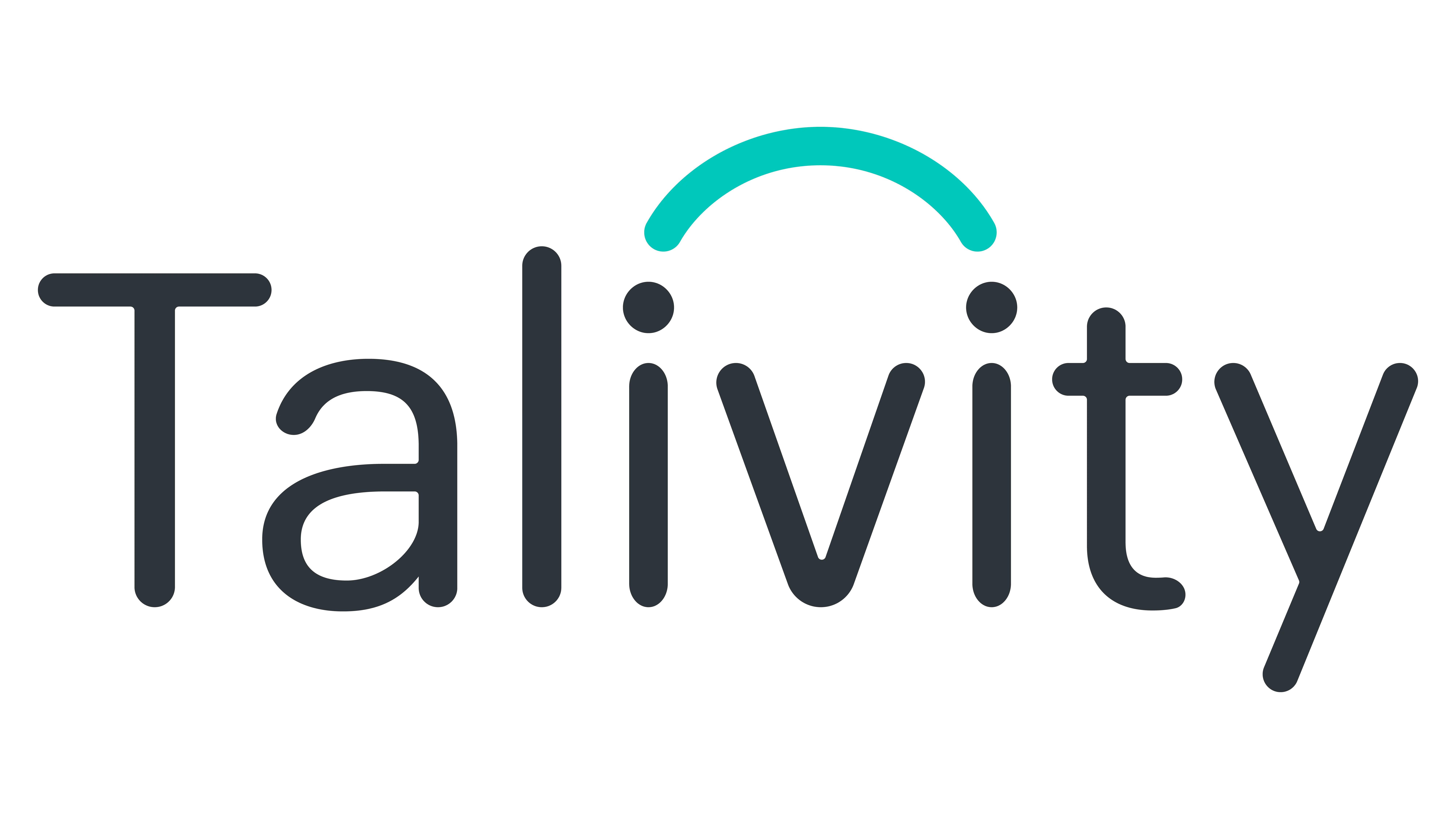Find the right solution for your business.
Explore SolutionsHiring inclusively goes beyond equity; it’s a smart business strategy that unlocks vast, untapped talent.
Day two of our Hire Innovations summit brought industry experts together to give their take on fostering environments that welcome neurodivergent professionals and individuals with disabilities.
The key takeaway? Inclusion goes beyond ethics; it’s also a smart business strategy.
Meet the Speakers
- Kate O’Connor – Vice President & Practice Leader, Digital Accessibility & XD, Onward Search
- Anna Thielke – Founder and CEO, Mantis & Co.
- Torri Wright – Founder and CEO, BEHCA
- Justine Haigh, MD – President, Fidgetech
- Crystal Lay – Chief People Officer and CEO, GBS Worldwide
- Dwane Lay – Chief Experience Officer, GBS Worldwide
Watch the Full Discussion Here
Building Inclusive Hiring Processes
Kate O’Connor and Anna Tilka kicked off the day with an insightful session on building inclusive hiring processes. Kate stressed that disability inclusion is more than an ethical goal—it’s a driver of creativity, culture, and profits.
One in five people are neurodivergent, and the disabled community represents the world’s largest minority. If you’re not making room for them, you’re missing out on talent.
Anna took it a step further, emphasizing that normalizing the conversation around disabilities is the key to reducing stigma.
“Say the word disability ten times,” she said. “Get comfortable with it.”
They highlighted three pillars of inclusion: education, inquiry, and action.
The takeaway? Educate your team, ask what people need, and advocate fiercely.
Recommended Resources:
- The Anti-Ableist Manifesto by Tiffany Wu – A must-read for a foundational understanding of inclusive practices.
- LinkedIn – Follow disabled thought leaders and learn from their lived experiences.
- Assistive Technologies – Familiarize yourself with tools like screen readers, magnifiers, and real-time transcription to ensure workplace accessibility.
Championing Neurodiversity in HR
Tori Wright and Justine Haig delivered a wake-up call to HR leaders. Neurodivergent people don’t need to change—workplaces do. Tori broke down the difference between “neurodivergent” and “neurodiverse.”
Neurodivergent describes the individual; neurodiverse refers to the group.
Knowing the difference isn’t just semantics—it’s about understanding how to accommodate real people.
They also discussed building a culture of curiosity. Curious minds ask questions. Curious minds innovate. HR teams need to be direct and clear in communication.
And, let’s face it, vague instructions don’t help anyone—especially those who thrive on structure. The advice was simple: be clear, be kind, and avoid assumptions.
Practical HR Tips:
- Stay curious about individuals’ needs and avoid making snap judgments.
- Avoid taking things personally when neurodivergent employees communicate differently.
- Tailor interview questions to assess skills—not personality traits that may exclude the best people for the job.
Broaden Your Definition of a “Great Hire”
Justine also had a refreshing take on talent. She asked employers to rethink what really matters in hiring.
Are you looking for someone sociable, or do you want the laser-focused individual who’ll get things done without distraction?
Flexibility in management is key. Not every great employee wants to grab a beer after work—some just want to excel at their job.
Deep Dive into Neurodivergent Hiring Insights
Crystal Lay took the stage with hard-hitting data. It turns out that 96% of companies claim to have inclusive policies, but only 31% are walking the talk.
She shared data from her study of over 30,000 workers—and it wasn’t pretty.
Interesting Stats from Crystal’s Study
- 80% of neurodivergent workers face barriers during the hiring process.
- Only 1 in 10 neurodivergent candidates feel safe disclosing their needs during recruitment.
- 85% have experienced microaggressions or misunderstandings in interviews.
Crystal urged leaders to audit their Employer Value Proposition (EVP) for gaps in inclusivity. A standard EVP often ignores neurodivergent workers.
What’s the fix? Use structured interviews and focus on competencies, not “gut feelings.”
Fun fact: gut feelings can’t be defended in court. So ditch them.
Key Recommendations
- Neurodivergent individuals are 25% more loyal than their neurotypical counterparts when supported.
- Hiring neurodivergent individuals can make companies 30% more productive.
- Provide training for hiring teams to normalize neurodivergent traits like stimming or atypical eye contact.
Resources Mentioned
- AudioEye – For free digital accessibility audits.
- Training programs for recognizing neurodivergent traits in recruitment.
Key Takeaways
- Inclusion Is a Competitive Advantage — An inclusive workplace isn’t just the right thing to do; it boosts creativity, performance, and profits.
- Curiosity Fuels Progress — Curiosity and open-mindedness in HR and leadership unlock new possibilities and remove barriers.
- Structure Your Processes — Structured interviews that focus on job competencies remove bias and provide fairer opportunities for neurodivergent candidates.
Final Thoughts
Building an inclusive hiring process means challenging the status quo. It starts with curiosity and ends with action. The benefits? A workforce that isn’t just more diverse but also more creative, innovative, and productive. Dive in and embrace the change—your business will thank you for it.

To continue reading our content, please provide your email below
By entering your email address you are subscribing to our free newsletter


